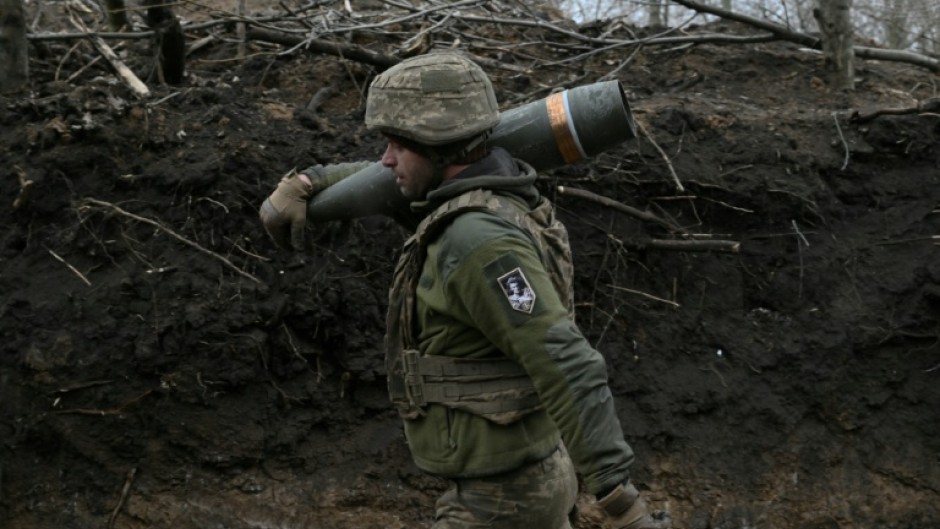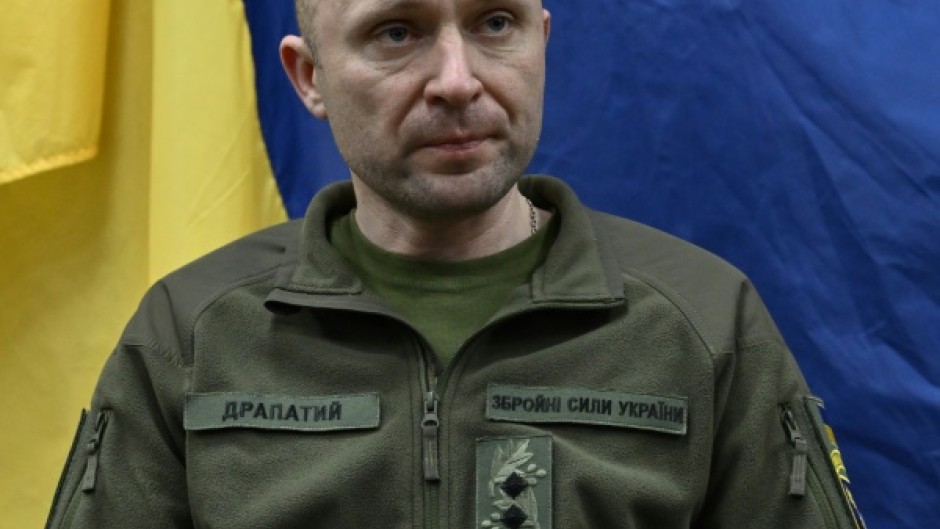With its soldiers trained in France and high-profile endorsements from the French and Ukrainian presidents, the "Anne of Kyiv" brigade was supposed to be a flagship unit for Ukraine's army.
But just months after being created, it finds itself fighting two enemies -- Russians across the battlefield and an internal scandal that has shocked the Ukrainian military establishment.
Kyiv has been rocked by reports that hundreds of troops deserted the unit -- most before being sent into conflict and a handful while undergoing training in France.
The controversy is being seen as a snapshot of familiar issues that have plagued Ukraine's army since Russia invaded three years ago, and comes at a critical political and military juncture for Kyiv.
"Yes, there are problems, we are aware of them," Land Forces Commander Mykhailo Drapaty said of the 155th Mechanised Brigade, the brigade's official name, in comments to media including AFP during a press tour to the unit.
"There are problems and there have been problems with staffing, training, and partly with the command staff," Drapaty said, referring to "the negative things that came out in the public domain".
- 'Unique' -
French President Emmanuel Macron announced the creation of the Anne of Kyiv brigade -- named after a Middle Ages Kyiv princess that married into the French royal family -- during last year's commemorations of the 80th anniversary of the Normandy landings.
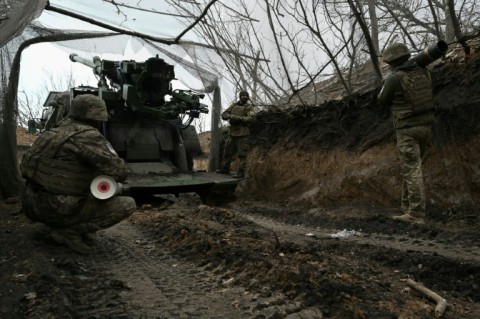
Paris hailed it as a "unique" initiative and Ukrainian President Volodymyr Zelensky said he wanted to form a dozen other NATO-trained and equipped units.
But that image was shattered in December, when military blogger Yuri Butusov alleged that 1,700 of the brigade's soldiers had deserted, including 50 while training in France.
Paris has confirmed that "several dozen" desertions took place during the training but called it a "marginal" phenomenon.
Butusov also said the unit suffered losses and "organisational chaos" in its first days of a deployment near Pokrovsk, a vital frontline city that Russian forces are trying to capture.
He alleged they had too few drones and that some artillery had been transferred to other units to plug equipment shortages.
The revelations were an embarrassing setback for the army, struggling to hold back Russia's forces, and for Zelensky's ambitions for deeper cooperation with NATO.
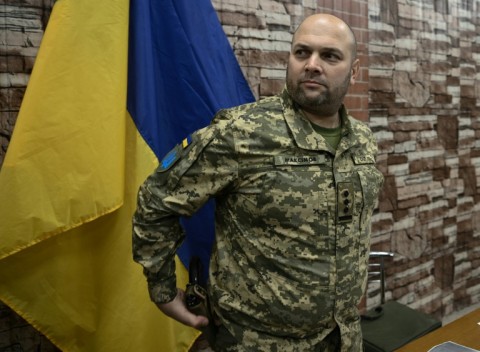
During a press tour to the brigade in early January -- hastily organised by the army amid the scandal -- commander Taras Maksimov appeared tense.
"Everything that is said in the media is false," he claimed.
Speaking a few hours later, Drapaty, his superior, acknowledged the problems.
But they were not "on the scale" that had been alleged and he said the army was taking "measures" to ensure the Anne of Kyiv's fighters were "ready to complete missions."
- 'Systemic' -
Desertions and morale are sensitive topics for the Ukrainian army, facing manpower shortages and controversy around unpopular recruitment tactics.
Citing the State Bureau of Investigation, local media reported Thursday that more than 7,000 soldiers who left their units without authorisation had voluntarily returned.
Drapaty said the problems faced by the Anne of Kyiv brigade were "systemic for other brigades" in a military that has historically been plagued by corruption.
"This is not a secret," he said.
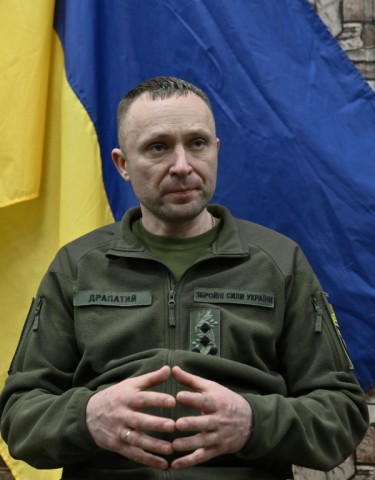
Amid the Russian invasion, civilian officials have long complained of communication problems with the army, lamenting the style of Soviet-trained generals.
In November, Pavlo Palisa -- a highly respected Ukrainian commander trained at a US military academy -- was appointed deputy head of Zelensky's cabinet, largely to help the presidency get first-hand real-time information from the front.
Analyst Franz-Stefan Gady told AFP such problems were a hangover of the Soviet system, with its "highly centralised command where decision-making power rests firmly and almost totally with high-ranking commanders, often far removed from the battlefield."
Kyiv had been trying to bring its army up to NATO standards since Russia annexed the Crimean peninsula in 2014 and fomented civil war in the east with pro-Moscow separatists.
While a new generation of officers has been trained, the system itself has not been radically changed. Reports of corruption scandals and abuse of power by senior army officials are routine.
"The higher your rank is, the less the law applies to you," soldier and influencer Valery Markous said in a recent video on social media.
Even commander Drapaty admitted that Ukraine's soldiers are often "scared" of their superiors.
"The post-Soviet spirit must be eradicated," he said.
By Daria Andriievska

